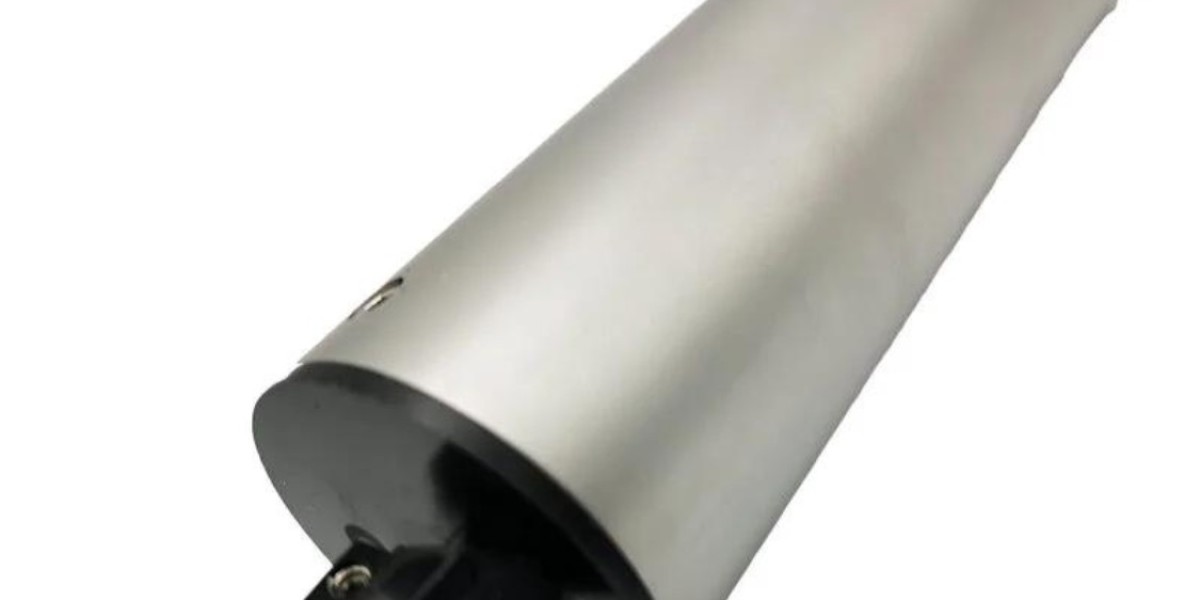These sensors are crucial for maintaining clean water supplies, ensuring environmental compliance, and enhancing industrial processes. This blog will explore how TSS sensors work, their importance, and their applications across various industries.
What is a TSS Sensor?
A TSS sensor measures the amount of suspended particulate matter in water. These particles can range from silt and algae to human-made pollutants, and their concentration is a key indicator of water quality. TSS sensors typically operate by detecting changes in light transmission or light scattering as they pass through water. The sensor emits light, and based on how much light is absorbed or reflected by the suspended particles, the sensor calculates the TSS concentration.
There are two primary methods used by TSS sensors to detect suspended solids: optical and laser-based. Optical sensors use light scattering techniques to identify suspended particles, while laser-based sensors offer more precise measurements by using laser light to detect particle size and concentration. These sensors can be deployed in a variety of environments, including streams, rivers, lakes, industrial wastewater treatment facilities, and even drinking water systems.
Importance of TSS Sensors
TSS sensors play a critical role in ensuring that water bodies remain safe and healthy. High concentrations of suspended solids can have detrimental effects on both aquatic life and human health. Excessive TSS can clog the gills of fish, disrupting their respiration and leading to fish kills. In addition, suspended particles can interfere with the natural balance of aquatic ecosystems by blocking sunlight and hindering the photosynthesis of aquatic plants. Furthermore, high TSS levels can be an indication of pollution, which can carry harmful pathogens and chemicals.
In industrial settings, TSS sensors are invaluable for process control. For example, in wastewater treatment plants, the efficient removal of suspended solids is crucial to meeting environmental regulations. TSS sensors help operators monitor the performance of filtration and settling processes, allowing them to optimize treatment procedures, reduce chemical usage, and improve the quality of treated effluent.
Applications of TSS Sensors
Water Quality Monitoring: TSS sensors are widely used in environmental monitoring systems to assess the quality of natural water sources such as rivers, lakes, and oceans. By continuously measuring TSS concentrations, authorities can quickly identify pollution events and take immediate action to prevent further contamination.
Wastewater Treatment: In municipal and industrial wastewater treatment facilities, TSS sensors help optimize processes by measuring the amount of suspended solids in the incoming water, as well as in the treated effluent. This helps ensure that treated water meets regulatory standards before being released back into the environment.
Aquaculture and Fisheries: TSS sensors are crucial for maintaining optimal water conditions in aquaculture farms. Monitoring TSS levels helps prevent the buildup of harmful particles that could harm fish and other marine life. Maintaining water clarity is essential for ensuring healthy aquatic life.
Industrial Processes: Various industries, such as mining, food processing, and chemical manufacturing, rely on TSS sensors to monitor water quality in their operations. For instance, in mining, the sensor can detect suspended solids in tailing ponds, providing valuable insights into the efficiency of water treatment processes.
Conclusion
The significance of TSS sensors cannot be overstated. As the world faces growing environmental challenges and the need for sustainable industrial practices, TSS sensors offer a reliable and efficient way to monitor and maintain water quality. From protecting ecosystems to ensuring compliance with environmental regulations, TSS sensors are at the forefront of advancing water management systems. Their versatility across industries makes them an essential tool for safeguarding our most valuable natural resource: water.



